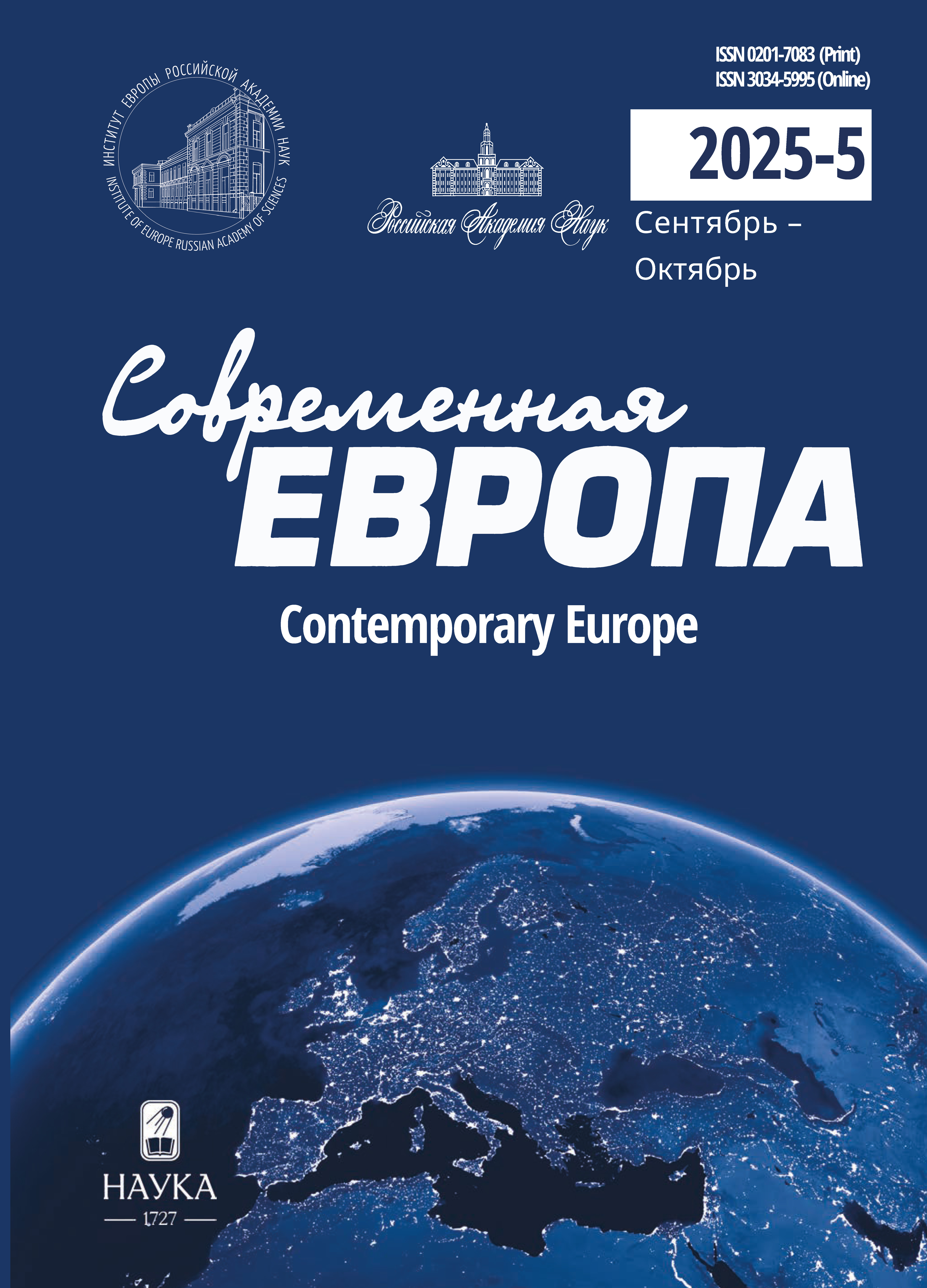ФЕНОМЕН ПОЛЯРИЗАЦИИ: СЛУЧАЙ ИСПАНИИ
- Авторы: ХЕНКИН С.М1,2
-
Учреждения:
- МГИМО МИД России
- ИНИОН РАН
- Выпуск: № 6 (127) (2024)
- Страницы: 218-227
- Раздел: РАЗМЫШЛЯЯ О ПРОЧИТАННОМ
- URL: https://gynecology.orscience.ru/0201-7083/article/view/652310
- DOI: https://doi.org/10.31857/S0201708324060196
- ID: 652310
Цитировать
Полный текст
Аннотация
Монография испанского социолога Луиса Миллера «Поляризованные. Политика, которая нас разделяет» посвящена исследованию типичного для многих стран феномена поляризации разделения общества на два враждебных лагеря. В работе рассмотрены причины, характер, разновидности, результаты поляризации, возможные способы преодоления ее негативных последствий. Автор сравнивает испанский опыт с политической практикой тех стран, где развиваются сходные процессы. В монографии показано, что в корне поляризации лежит идентификация человека с той или иной социальной общностью, определенным политическим выбором. Происходит сопоставление с Другим, который становится катализатором формирования общей групповой идентичности. Л. Миллер выделяет три разновидности поляризации: идеологическую, аффективную и каждодневную. Испания в последнее десятилетие превратилась в одну из самых поляризованных стран мира. Среди основных причин поляризации автор выделяет устойчивую массовую безработицу и глубокое социальное неравенство, нерешенность территориальной проблемы, выражающейся в существовании сильного сепаратистского движения в Каталонии. Свою роль сыграла трансформация партийной системы переход от бипартизма к многопартийности. Появление новых влиятельных партий привело к формированию левого и правого политико-идеологических блоков, отношения которых отличаются высокой степенью нетерпимости. Эффективный способ борьбы с негативными последствиями поляризации автор видит в снижении остроты экономических и социальных проблем, порождаемых неравенством и социальной исключенностью.
Ключевые слова
Об авторах
С. М ХЕНКИН
МГИМО МИД России; ИНИОН РАН
Email: sergkhenkin@mail.ru
Доктор исторических наук, профессор; Главный научный сотрудник Москва, Россия
Список литературы
- Семененко И.С. (отв. ред.) (2014) Глобальный мир: к новым моделям национального и регионального развития. Т. II. ИМЭМО РАН, Москва. 336 с.
- Семененко И.С. (отв. ред.) (2017) Идентичность: Личность, общество, политика. Весь мир, Москва. 992 с.
- Хенкин С.М. (2023) Испания. Современное нестабильное общество. Аспект Пресс, Москва. 383 с.
- Холодковский К.Г. (2006) Противостояние левые-правые: анахронизм или смена координат? Полис. Политические исследования. № 6. С. 81-96.
- Яковлева Н.М. (отв. ред.) (2017) Испания и Португалия в эпоху глобальных трансформаций. ИЛА РАН, Москва. 307 с.
- Martorel M., Juliá S. (2012) Manual de historia política y social de España (1808-2011). RBA Libros, Barcelona, Spain. 510 p.
- Miller L. (2023) Polarizados. La política que nos divide. Centro de Libros PARF, SLU, Barcelona, Spain. 246 p.
- Montabes Pereira J., Martínez A. (ed.) (2019) Gobierno y política en España. Tirant lo Blanch, Valencia, Spain. 809 p.
- Sevilla J. (2022) La España herida. Las 6 brechas sociales y como corregirlas. Deusto, Barcelona, Spain. 349 p.
- Urquizu I. (2016) La crisis de la representación en España. Catarata, Madrid, Spain. 176 p.
Дополнительные файлы








